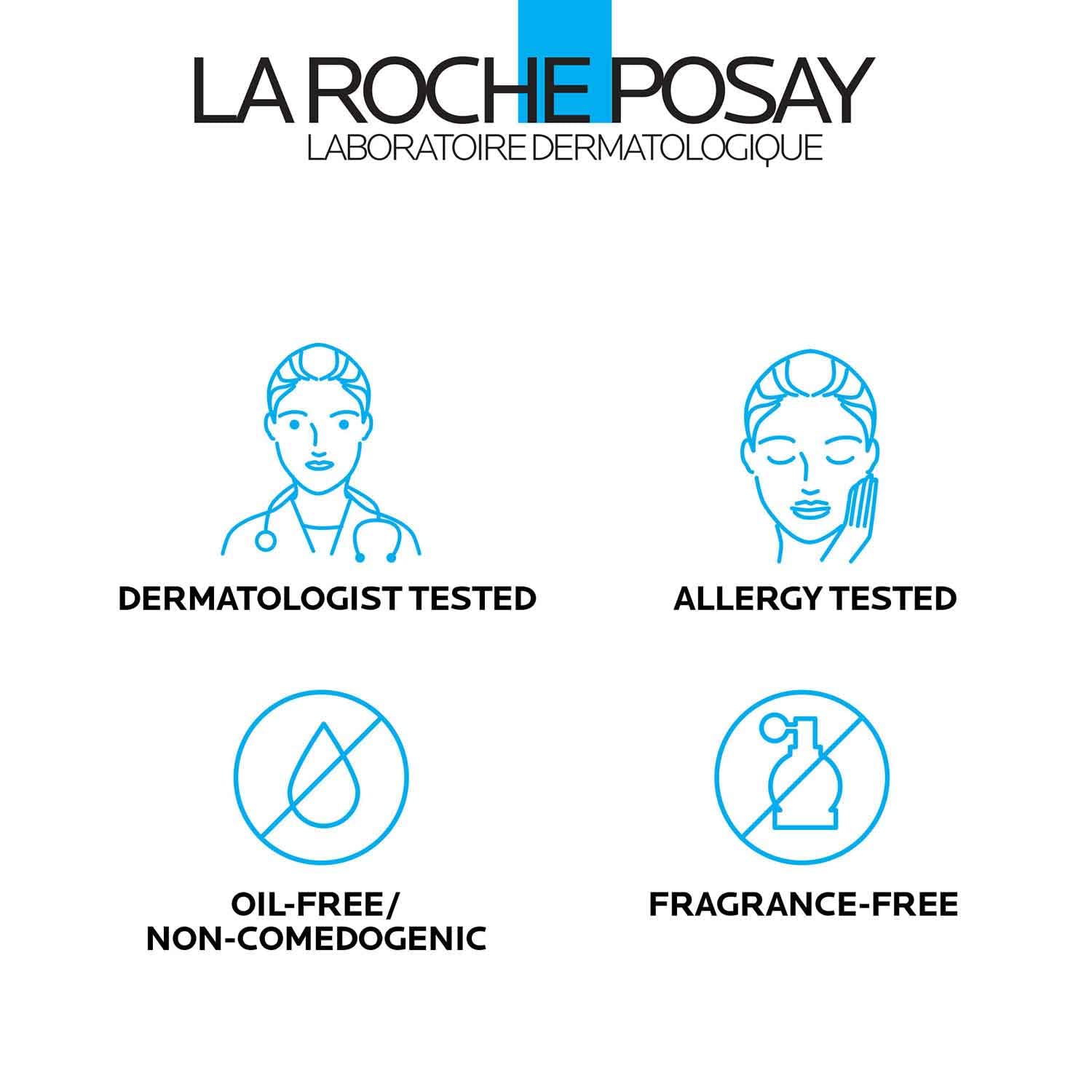






Price: $36.99 - $28.49
(as of Mar 31, 2025 17:38:54 UTC - Details)
The Best SPF for Face: Your Ultimate Guide to Sunscreen Protection
Introduction
When it comes to skincare, one of the most crucial steps you can take is to protect your skin from the sun. The best SPF for face not only prevents sunburn but also shields against premature aging and skin cancer. With so many options out there, how do you choose the right one? This guide will explore various aspects of facial sunscreens, including their importance, different types, and how to select the best SPF for your skin type. By the end, you’ll be armed with the knowledge you need to choose the ideal sunscreen for your face!
Why SPF Is Essential for Your Skin
Understanding SPF and Its Importance
SPF, or Sun Protection Factor, measures how well a sunscreen will protect your skin from UVB rays, which are the main cause of sunburn. Using the best SPF for face helps in preventing skin damage. Regular use of sunscreen can reduce the risk of skin cancer and slow down skin aging. It’s not just a summer essential; daily application is key!
The Effects of UV Rays on the Skin
UV rays can lead to various skin issues, including dark spots, wrinkles, and even melanoma. Understanding the dangers of UV exposure is vital. The best SPF for face acts as a barrier, minimizing the harmful effects of these rays. Whether you’re heading to the beach or just running errands, applying sunscreen daily is a must for your skin’s health.
Choosing the Right SPF for Your Skin Type
Identifying Your Skin Type
Before selecting a sunscreen, it’s crucial to identify your skin type. There are generally four categories: normal, oily, dry, and sensitive. The best SPF for face may vary depending on your skin's needs. For instance, those with oily skin may prefer a lightweight, oil-free sunscreen, while individuals with dry skin might benefit from a moisturizing formula.
Best SPF for Oily Skin
If you have oily skin, look for non-comedogenic sunscreens that won’t clog your pores. Gel-based or matte-finish formulas can help control shine while providing adequate protection. Products with SPF 30 or higher are recommended for daily use.
Best SPF for Dry Skin
For those with dry skin, opt for sunscreens that contain hydrating ingredients like hyaluronic acid or glycerin. Creamy, moisturizing formulas will keep your skin hydrated while offering protection. Look for the best SPF for face that also includes antioxidants to combat free radical damage.
Best SPF for Sensitive Skin
If you have sensitive skin, choose mineral-based sunscreens with zinc oxide or titanium dioxide. These ingredients are less likely to irritate the skin. The best SPF for face for sensitive skin should also be fragrance-free and hypoallergenic.
Types of Sunscreens: Chemical vs. Physical
Understanding Chemical Sunscreens
Chemical sunscreens work by absorbing UV rays through their chemical ingredients. They often have a lighter feel and can be easier to apply. However, some people may find these formulations irritating, especially those with sensitive skin. If you go this route, ensure the best SPF for face you choose is suitable for your skin type.
Understanding Physical Sunscreens
Physical sunscreens, on the other hand, sit on top of the skin and reflect UV rays. They typically contain natural minerals like zinc oxide or titanium dioxide. These are ideal for sensitive skin and provide broad-spectrum protection. When searching for the best SPF for face, physical options might be more beneficial if you experience irritation with chemical formulas.
Broad-Spectrum Protection: What You Need to Know
The Importance of Broad-Spectrum SPF
When shopping for sunscreen, look for the term “broad-spectrum.” This indicates that the product protects against both UVA and UVB rays. UVA rays penetrate deeper into the skin and are responsible for aging, while UVB rays cause sunburn. The best SPF for face should provide broad-spectrum protection to ensure comprehensive skin defense.
SPF Ratings Explained
SPF ratings indicate the level of protection the sunscreen offers. For daily use, SPF 30 is generally recommended, which blocks about 97% of UVB rays. Higher SPFs offer marginally more protection but often lead to a false sense of security. Consistent reapplication is crucial regardless of SPF level.
Application Tips for Effective Sun Protection
How Much Sunscreen to Use
Most adults need about a shot glass full of sunscreen to cover their entire body effectively. For the face, a nickel-sized amount is typically sufficient. Make sure to apply sunscreen generously and evenly for maximum protection.
When to Apply Sunscreen
The best SPF for face should be applied 15-30 minutes before sun exposure to allow the skin to absorb it properly. Don’t forget to reapply every two hours, or immediately after swimming or sweating.
Incorporating Sunscreen into Your Skincare Routine
Integrating sunscreen into your daily skincare routine is essential. Apply it as the last step in your morning regimen, after moisturizer and before makeup. This ensures your skin remains protected throughout the day.
Conclusion
Choosing the best SPF for face is an essential step in maintaining healthy skin. By understanding your skin type, the differences between chemical and physical sunscreens, and the importance of broad-spectrum protection, you can make an informed decision. Remember to apply sunscreen daily and reapply frequently to ensure maximum protection against the sun's harmful rays. With the right SPF, you can enjoy the sun safely while keeping your skin looking youthful and radiant!
